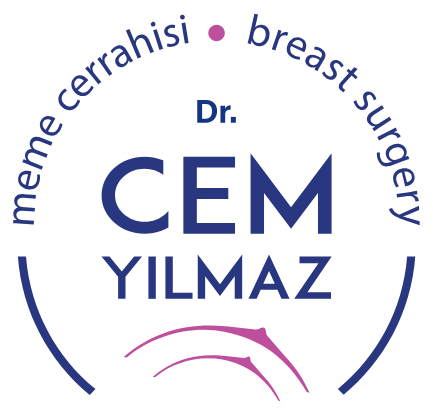Saturday: 08:00 - 14:00
Targeted Therapy (Smart Drugs)
Targeted drugs work differently than chemotherapy drugs, which attack all rapidly growing cells, including cancer cells. Targeted drugs attack only cancer cells and have fewer side effects than chemotherapy.
Cancer treatments such as chemotherapy and radiation therapy affect healthy cells without distinguishing between healthy and cancer cells. Because of this characteristic of chemotherapy, healthy cells are also damaged. Treatment-related damage to healthy cells causes complications and side effects.
Targeted therapies are designed to destroy only cancer cells, reduce damage to healthy cells, and minimize side effects that negatively impact the patient's quality of life.
Treatment with antibodies and smart molecules that directly affect cancer cells reduces the side effects of chemotherapy and may even be absent.
In approximately one in five women with breast cancer, cancer cells have a receptor protein known as HER-2 (human epidermal growth factor receptor 2) on their surface that encourages cancer growth. HER2-positive breast cancers grow more aggressively and tend to spread.
In this group of patients, chemotherapy and hormonal treatments alone may be insufficient. Smart drugs designed to silence these receptors, such as "Herceptin, Tykerb, and Perjeta," enhance the effectiveness of chemotherapy and hormonal therapy when administered together.
These treatments not only achieve the tumor-specific drug's intended purpose but also minimize the side effects that are the biggest problem of cancer treatment. It is expected that in the short term, the effectiveness and use of smart drugs in the treatment of breast cancer will further expand with personalized treatment methods.


